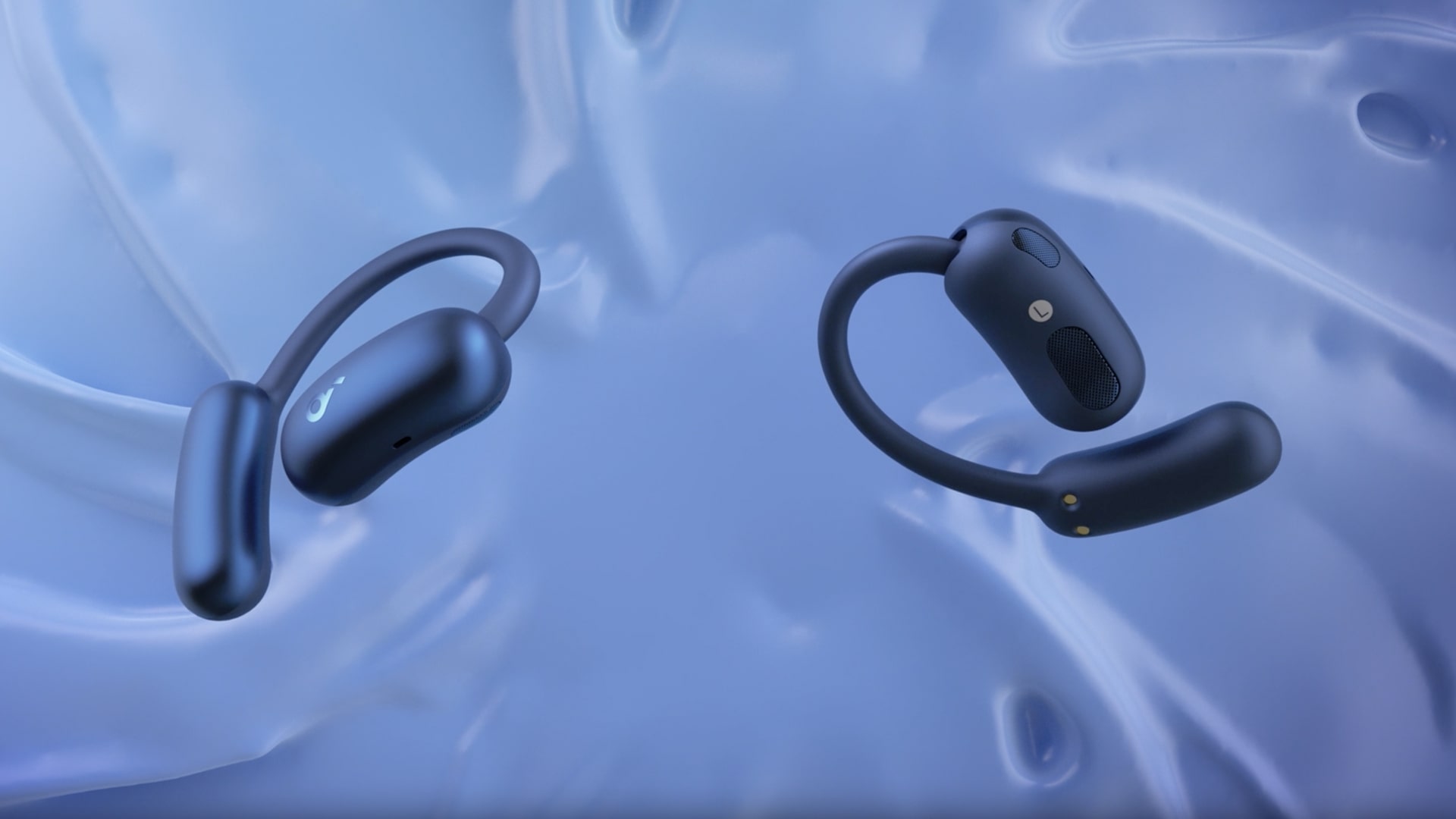Headphones are fast becoming a key area of innovation in the smart hardware sector. At the recently concluded Microsoft Build 2025 developer conference, Anker Innovations stood out as the only Chinese brand featured. Its audio sub-brand, Soundcore, showcased advanced audio features and shared its vision for the future.
A standout from the presentation was the AeroFit 2, an open-ear Bluetooth headphone that supports real-time multilingual features such as face-to-face translation and simultaneous interpretation. The product illustrates how artificial intelligence can extend the function of headphones beyond audio playback into broader communication and comprehension roles.

Anker also announced a partnership with Microsoft to co-develop the next generation of smart headphones with generative voice capabilities. The collaboration marks a strategic push into intelligent voice terminals and signals Anker’s commitment to integrating AI more deeply into its hardware.
This momentum is reflected in the company’s financial performance. According to Anker’s 2024 annual report, its smart audio and video segment generated RMB 5.692 billion (USD 796.9 million) in revenue, reflecting a year-on-year increase of 32.84%. Soundcore played a central role in driving that growth.
Founded in 2017, Soundcore has risen to become one of the top three brands globally in wireless headphone shipments. It has more than 52 million users worldwide and has received numerous international awards, making it a standout Chinese brand in the global market.
While headphone competition has traditionally focused on sound quality and noise cancellation, Soundcore is leading a shift toward AI-powered voice interaction. Unlike other smart headphones that rely on basic voice activation or simple functions, Soundcore is developing more advanced conversational tools. These include multi-turn dialogue, context recognition, and natural language processing. The long-term goal is to transform headphones into personal assistants that can manage schedules, navigate routes, summarize meetings, and perform a range of daily tasks.
This approach expands the role of headphones within the consumer electronics ecosystem and highlights Anker’s edge in software-hardware integration. By investing in core technologies and aligning its product strategy accordingly, Soundcore is positioning itself to lead the next phase of smart audio innovation.
Soundcore’s hardware capabilities provide the technical foundation needed to fully leverage AI’s benefits. As of Q1 2025, the company holds 741 patents, many covering essential audio technologies. These patents reinforce its strengths in sound fidelity, noise control, and long-term user comfort.
Its proprietary coaxial dual-driver design aligns high and low frequencies on the same axis, delivering a balanced sound profile across the audio spectrum. An adaptive noise cancellation system further enhances performance by detecting ambient noise in real time and adjusting the cancellation curve accordingly.
Open-ear headphones have long faced challenges such as weak bass, sound leakage, and inconsistent fit. Soundcore addresses these through a comprehensive design approach that includes custom speaker tuning, optimized acoustic chambers, and adjustable wear components. The use of lightweight liquid silicone improves comfort for extended wear.
As global demand becomes increasingly segmented and specialized, Soundcore is building a competitive edge through scenario-based product design and technical differentiation. Notable products include the translation-enabled AeroFit 2, the Sleep A20 with integrated sleep monitoring, and the AeroClip, a clip-on sports headphone styled as a lifestyle accessory. Each is tailored to a specific use case, helping the brand stand out in a crowded market.
The rise of AI continues to open new avenues for headphone innovation. Within Anker, Soundcore leads R&D efforts for intelligent terminal devices, forming the cornerstone of Anker’s broader push into AI-powered hardware.
Looking ahead, Soundcore plans to deepen its investment in two key areas: advanced acoustics and intelligent interaction.
On the acoustic side, the company is exploring multidimensional spatial audio, precision sound field modeling, and personalized tuning. Its next step involves applying reinforcement learning to dynamically optimize headphone performance in real time, tailoring sound to various listening contexts, from music playback to spoken dialogue and environmental noise suppression.
On the interaction side, Soundcore is building a voice assistant designed to understand both context and emotion. Features such as automatic recording-to-summary conversion aim to enhance productivity and simplify daily life. These developments are set to transform wearable audio products into multifunctional platforms with broader utility and deeper user engagement.
In this future, headphones won’t just be listening devices. They will become bridges for information flow and emotional connection.
KrASIA Connection features translated and adapted content that was originally published by 36Kr. This article was written by Xiao Xi for 36Kr.
